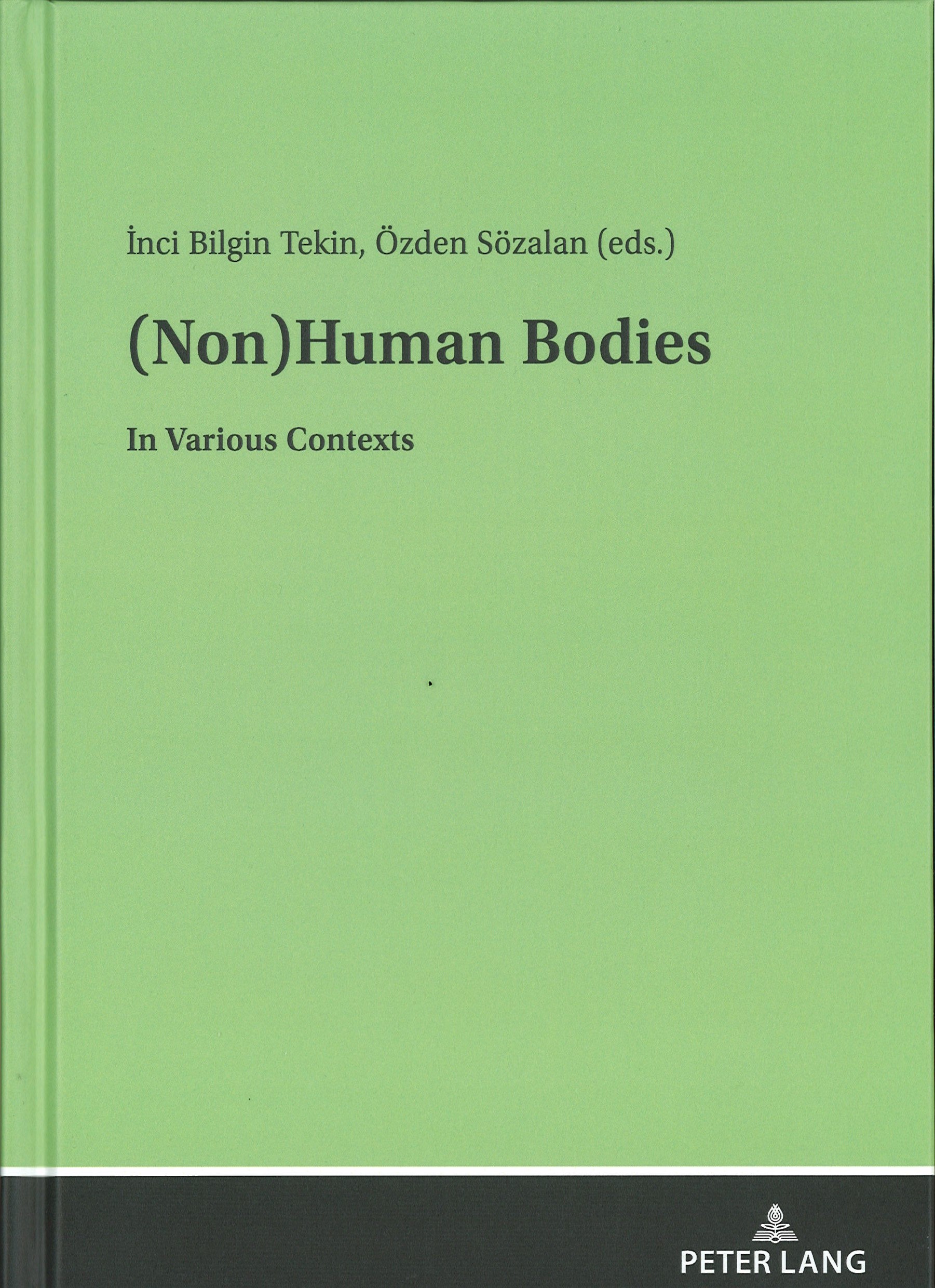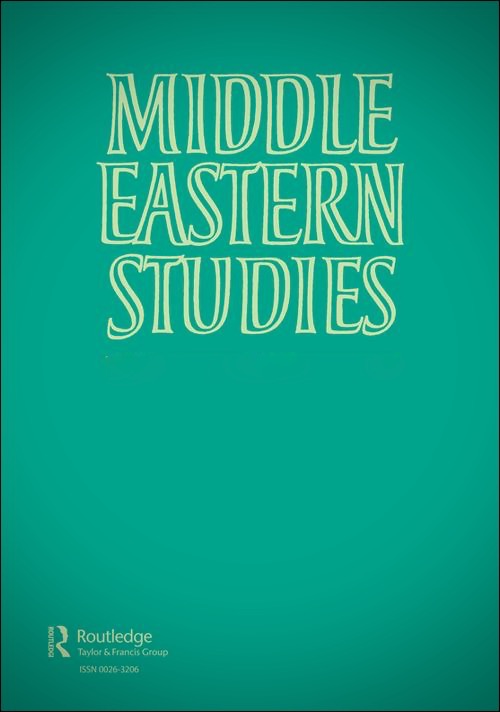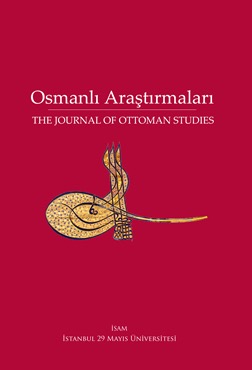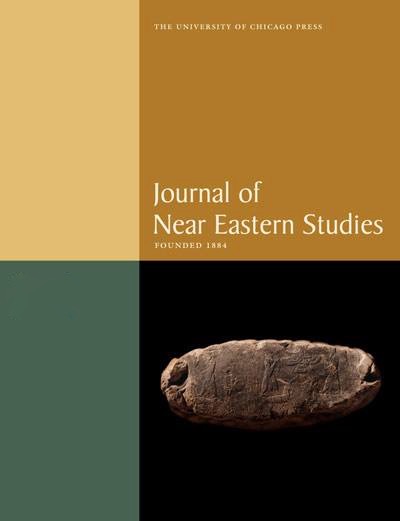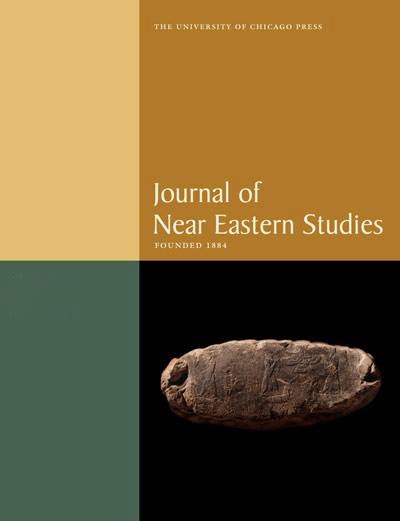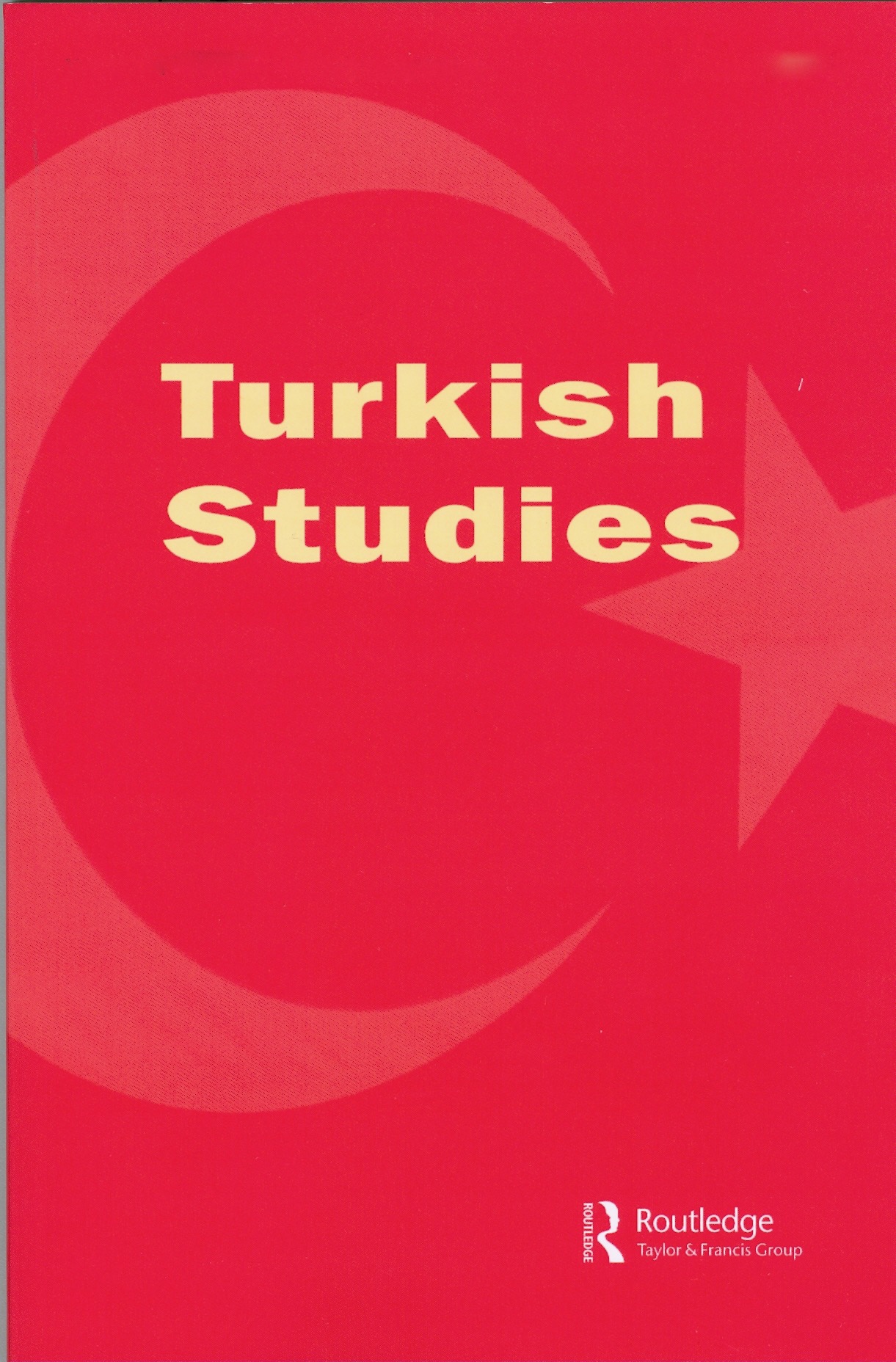Drol and Bobby: Nonhuman Animal Representations in the Late Ottoman Fiction
This volume addresses its reader after Covid, a time when the distinction between
“the fantastic” or “the virtual” and “the real” was blurred and what man would have
thought to be a part of an American science fiction movie, became a real experience.
A viral attack blocking life globally and a half online life experience thereafter... While
each essay, in their specific contexts, explores “the nonhuman bodies”, it should be
once again noted that this volume was inspired by all of the inhabitants of the World
that are inevitably connected by geographical relation and physical interaction as
well as through collective traumas incorporated into individual stories.
The essays in this volume focus on the relationship between human and nonhuman
bodies while offering in-depth analyses and various insights on their specific
subjects, exploring transformed contexts, literary traditions, and genres, guided by
rich theoretical engagements with posthumanism, ecocriticism, and digital humanities.
As our writers’ essays speak to one another, the whole collection reflects on the
notion of “connection” within the universe.https://www.peterlang.com/docu...
